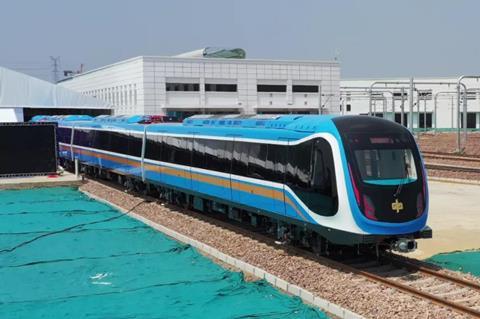
CRRC’s Zhengzhou plant has rolled out its first Chinese standard metro train. The Type B trainset developed by CRRC Sifang is designed for GoA4 unattended automatic operation at up to 120 km/h on a line between Zhengzhou Airport and Xuchang.
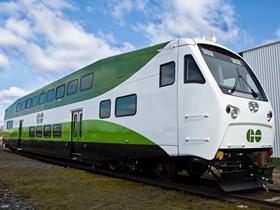
The Ontario government and the City of Toronto have signed a revised agreement endorsing the construction of five stations on GO Rail commuter routes at St Clair-Old Weston, Finch-Kennedy, King-Liberty, Bloor-Lansdowne and East Harbour for opening by 2026. ‘The SmartTrack Stations programme will transform existing rail infrastructure in our city from a regional commuter service into an urban rapid transit network that will greatly benefit our residents and give them more transit options’, explained Mayor John Tory on August 17.
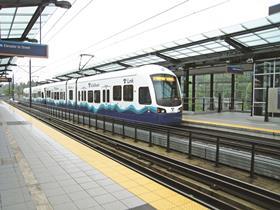
Seattle’s Sound Transit has adopted a revised project delivery plan, which takes into account increases in property and construction costs. Projects already under construction are not affected, but future projects could be delayed to make them more affordable. ‘The adopted realignment plan shows what is achievable under our current financial projections, but also sets targets for delivering projects sooner by closing the affordability gap that is identified for each project’, said Chair Kent Keel on August 5.
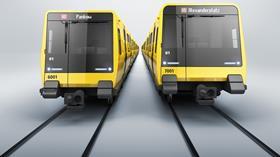
Stadler Rail has awarded SKF a 32-year contract to supply and service bearings, axleboxes and lubrication systems for the 606 Series J/JK cars it is to supply for the Berlin U-Bahn in 2022-26. Options could take the total order to 1 500 vehicles.
Architecture and urban planning agency Albert Speer & Partner is developing revised plans for a tramway connection between Oberhausen and Frintrop Unterstraße at the end of Essen Route 105. A previous proposal was rejected by voters in 2015.
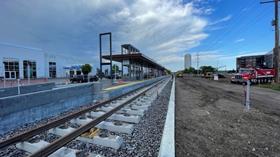
The first rails have been laid for the Southwest LRT Metro Green Line Extension in Minneapolis.
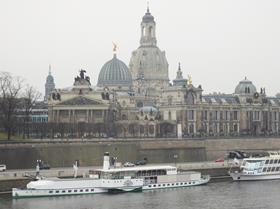
Work has been completed on a €2m project to enable 2 650 mm wide trams to operate on a 615 m section of the Dresden tram network between Hebbelplatz and Chamissostraße, and thus the full 18 km length of Route 2.
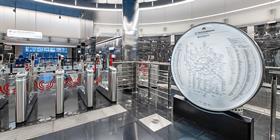
Moscow Metro is working with Google, Mastercard and VTB to test a virtual Troika smart card which can be downloaded into passenger’s Android smartphone wallet. ‘More and more people do not carry plastic cards with them, so we decided to launch a virtual Troika card in your smartphone’, said Deputy Mayor for Transport Maksim Liksutov.
